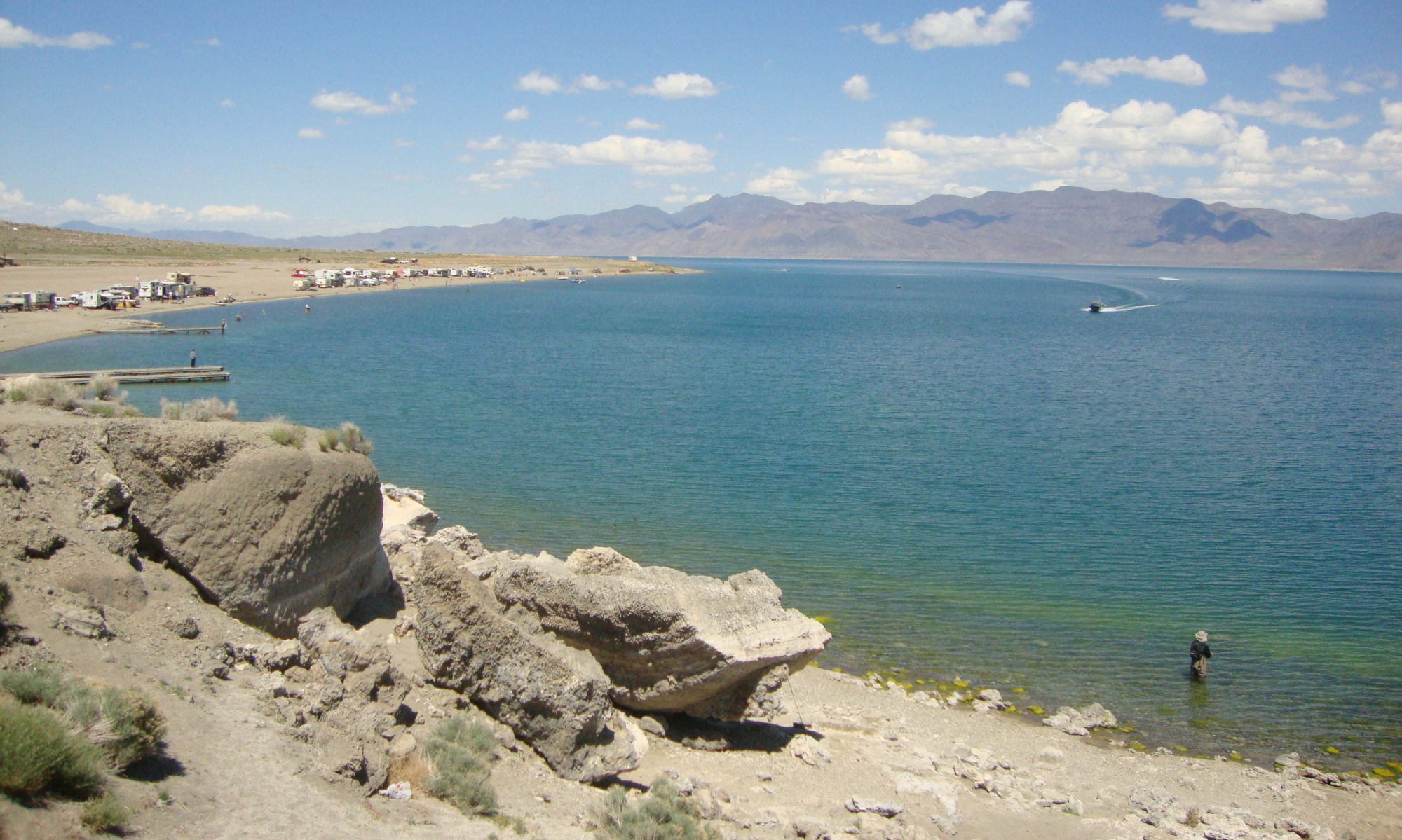I am starting the process of purchasing all new licenses for the upcoming season.
Officially, my Nevada license does not expire until the 28th of February. Since they are normally available for sale on Feb 1, I grab it at that time. At $41 for the season, it is the least expensive of the annual licenses and can be done online. There will be no gap in my legal fishing status in NV.
California is a bit different. Since I have to purchase a non-resident license, it is both costly and a pain to get. More on that in a moment.
What started this thought process was the hoops that i just went through in Colorado for a simple day tag for my day on the South Platte. When I arrived in Deckers and went into the fly shop, they only accepted cash for licenses. Having just spent some good cash the night before, I was paperless in a paper only store. But no fear, you can order your license over the phone…yes…phone. After a fairly quick and simple info gathering process, the phone agents reads you an EXTREMELY long (27 digit) code and you are supposed to write that code on a piece of paper and carry that as your license. Wow! A fishing license on a post-it note! My question on this system – how does the warden verify that the code is valid and not just some long 27-digit code someone wrote on a piece of paper?
Back to California, my most expensive annual tag. Not only is the state that brought us Silicon Valley still using an antiquated paper system, but they do not allow licensing agents to charge appropriate fees, making it a loosing proposition for them to sell licenses. Getting a license becomes a cash only transaction. I know that they have a new online system this season, but you still can only print a temporary and they still mail you an official paper license, and they tack on extra convenience fees (which agents are not allowed to charge) making an expensive license that much more expensive. No thanks on the electronic system at this time. I go give some cash to my local fly shop and get some additional supplies at that time as well.
In contrast, my annual Utah license is half that of California, all electronic, and they allow me to print my own. They even have me saved in the system from previous purchases, so typing in my DL number brought up my info for a quick verification. Easy and simple is my opinion of their process. Why get an annual UT you ask – well I fish there enough days each season to justify the expense, and in most years it saves me a few ducats over paying for days a la carte.
Who knows what other licenses I will acquire in 2010, but so far I have three in the pouch and we are barely into the second month of the year.
